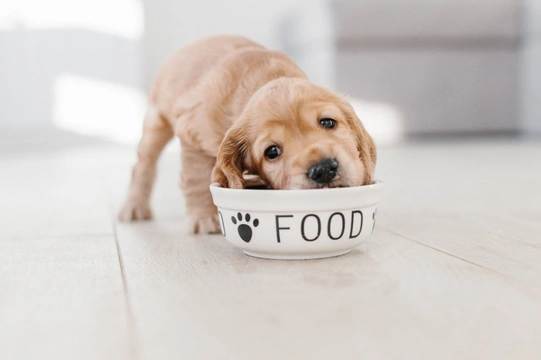
Five FAQ about Covid 19 coronavirus and caring for your dog during the pandemic
Covid 19 coronavirus has already thrown the whole country into upheaval, and we’re only really at the very beginning of the pandemic that is set to have an acute impact on every aspect of our lives for months and even years to come.
This is a very concerning time for everyone on every level; concerns over our own health and that of our loved ones being key, but logistical issues and concerns are valid and important too, such as whether or not we’ll be paid whilst unable to work or our employers aren’t trading, and supply chain shortages on basic everyday essentials.
Those of us with dogs also have questions and concerns relating to dog ownership, caring for dogs during Covid 19, and what we might need to think about, plan for, and change during this time, and not knowing the answers to these valid concerns can be very worrying.
Whilst we cannot know at this stage exactly how Covid 19 will affect dog care and how things will progress as the weeks and months pass, we can answer some of the most common questions about coronavirus and dog care to help you to plan and know what to expect later on. Read on to learn more.
Will there be shortages of dog food?
Given that we’re only a few weeks into the progression of Covid 19 so far and the full and acute stage of the disease’s spread has yet to be felt, the fact that supermarket shelves have been stripped bare and essentials like toilet roll and hand sanitizer have become largely impossible to buy is hardly reassuring.
However, the shelves aren’t bare because of shortages of the goods in question; they’re bare because of panic buying, stock piling, and people needlessly over-purchasing goods that would have been available as normal in sufficient quantities for everyone had this not occurred.
The current shortages aren’t due to a lack of products; but because the public’s purchasing habits have changed, and supermarkets and stores were unprepared for this. As people begin to follow advice on not stockpiling needlessly and supermarkets begin to adjust to the change in demand, the shortages we’re presently facing should end.
Hopefully this means that people will not then begin stock piling dog food either, which isn’t something we’ve really seen happening yet.
It is possible that supply chain issues down the line when coronavirus begins to have an acute effect on the healthy workforce will lead to delays and potential short-term shortages of certain goods. However, the stores and government are working to pre-empt this; and naturally, stock piling and panic-buying will only worsen it.
Try to keep a couple of week’s supply of dog food in hand, but do not bulk buy needlessly or pre-emptively.
Will we still be allowed to walk our dogs if restrictions are tightened?
The UK government hasn’t been as quick or proactive about enforcing curfews and restrictions as other countries, something that is causing some concern in terms of how this might be speeding up the spread of coronavirus in the UK.
This means that at present, everyone is free to walk their dogs as normal, but of course, are urged to practice social distancing, and to have someone else walk the dog if they are ill.
Even in countries that have imposed curfews, there are caveats for exercising pets, and so whatever happens, you will be able to walk your dog, but should do this sensibly to try to reduce the chances of spreading infection.
Will we still be able to get access to veterinary care during the coronavirus epidemic?
Veterinary clinics are still offering their services as far as possible, with the safety of their staff and clients in mind. This means that things are different to normal, but whilst there are sufficient healthy staff to work, your local clinic (or another clinic you may be directed to instead) will be able to help you.
Some potential changes you will find are being asked to stay in your car until your appointment time, potentially being offered a video consult for some issues, suspension of non-essential services or procedures, and possibly, being mailed repeat prescription medications and flea and worming treatments.
Can dogs spread Covid 19?
Dogs can catch a form of coronavirus that is specific to dogs; this is not contagious to people, and dogs cannot catch or pass Covid 19 to either people or other dogs. However, there is some evidence that Covid 19 can remain live on a dg’s coat or skin for a while, just as it can on other interim places like door handles, tissues, and various other types of inanimate objects.



